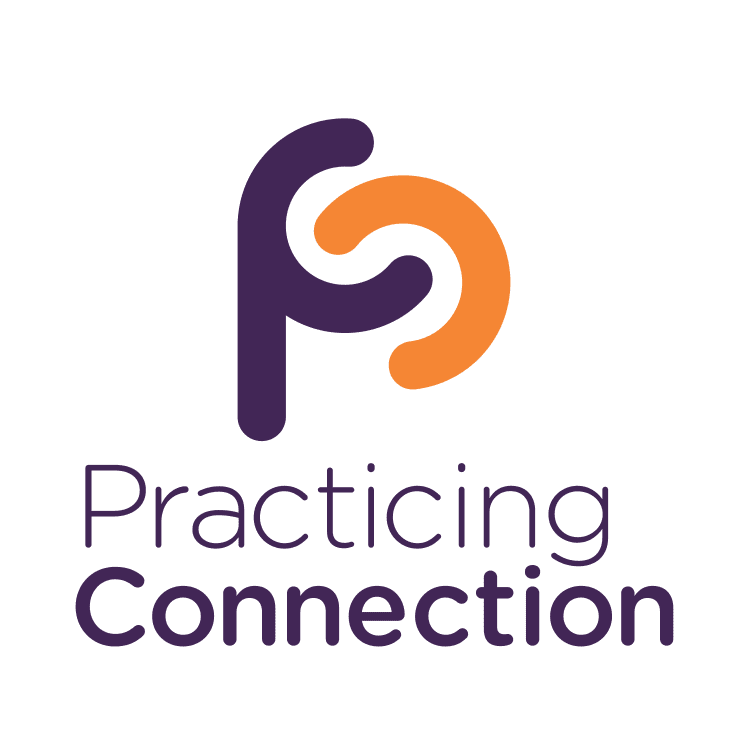(Season 5, Episode 24)
Getting to a shared purpose as a group often requires digging a little deeper than usual. Jessica Beckendorf talks about the chaordic stepping stones, a helpful tool for going below the surface with a group, and shares four questions that can help groups work toward a clear statement of purpose together.
Links
- “You don’t have to be local” by Derek Sivers
- “Keep Going” by Austin Kleon











